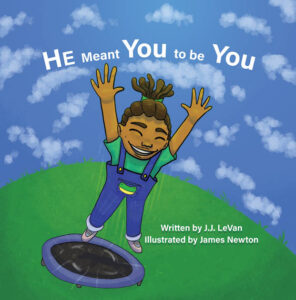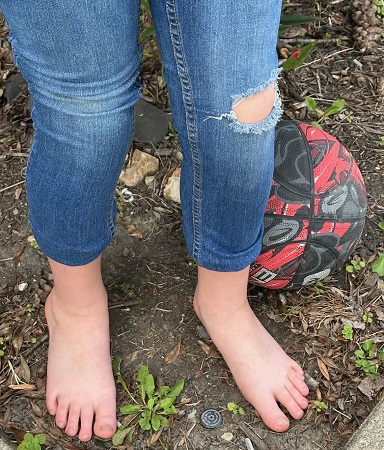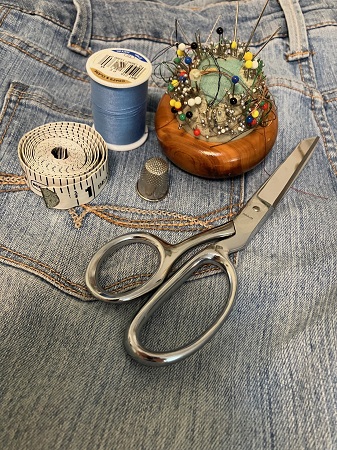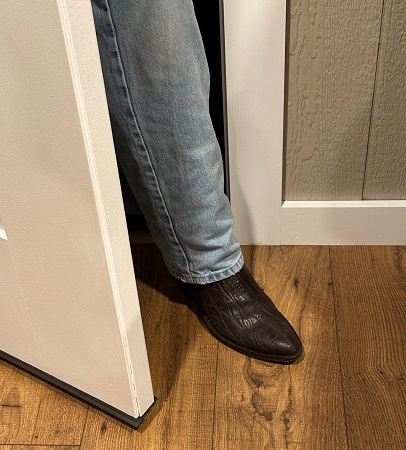In the Thick of It
 Please welcome my friend J.J. LeVan as today’s guest writer. J.J. is an award-winning author with a heart for autism and its caregiver community. She released a children’s picture book entitled, “He
Please welcome my friend J.J. LeVan as today’s guest writer. J.J. is an award-winning author with a heart for autism and its caregiver community. She released a children’s picture book entitled, “He  Meant You to Be You,” which shares God’s love for these uniquely and wonderfully made children. Inspired by her oldest son’s diagnosis in 1998, she has become an advocate and an encourager to Children’s Ministry leaders working with neurodiverse kids. J.J. is also a certified independent provider for the State of Ohio.
Meant You to Be You,” which shares God’s love for these uniquely and wonderfully made children. Inspired by her oldest son’s diagnosis in 1998, she has become an advocate and an encourager to Children’s Ministry leaders working with neurodiverse kids. J.J. is also a certified independent provider for the State of Ohio.
Are you in the thick of it?
Merriam-Webster defines in the thick of it as “in the most active or intense part of a situation or activity.” This idiom means you are:
- Surrounded
- Highly active
- Engaged
- Engulfed
Hear from real people in the thick of it.
I reached out to friends in our autism community about how I could best pray for them. Their honesty was gripping.
- One mom spoke of her desperate need to find a caregiver for her 25-year-old profoundly autistic son.
- A grandmother shared that her daughter felt discouraged caring for her 4-year-old autistic son. She was a young mom raising a child in a big city that “could be so cruel.”
- Another mom had just received her late autism diagnosis just as she was learning how to help her young son on his own spectrum journey.
Each one of these women is in the thick of it.
Paul pressed on in the thick of it.
“We are pressed on every side by troubles, but we are not crushed. We are perplexed, but not driven to despair. We are hunted down, but never abandoned by God. We get knocked down, but we are not destroyed.” 2 Corinthians 4: 8-9
Even if you find yourself in the thick of it today, take heart. You are not forgotten.
Press on! You are not alone.
Do you have an expression you want explained or a thought about this one? If so, please comment below.
 Subscribe to receive Diana’s weekly posts by email and receive a free copy of “Words of Hope for Days that Hurt.” On 11-23-24, one name will be randomly selected from Diana’s mailing list to also receive a free copy of J.J.’s book, “He Meant You to Be You.” If your name is already on the mailing list, you are automatically entered. Please encourage your friends to subscribe.
Subscribe to receive Diana’s weekly posts by email and receive a free copy of “Words of Hope for Days that Hurt.” On 11-23-24, one name will be randomly selected from Diana’s mailing list to also receive a free copy of J.J.’s book, “He Meant You to Be You.” If your name is already on the mailing list, you are automatically entered. Please encourage your friends to subscribe.
If you enjoyed this post, please share it with your friends.
Thanks to Phyllis Arnold for the blog photo.









